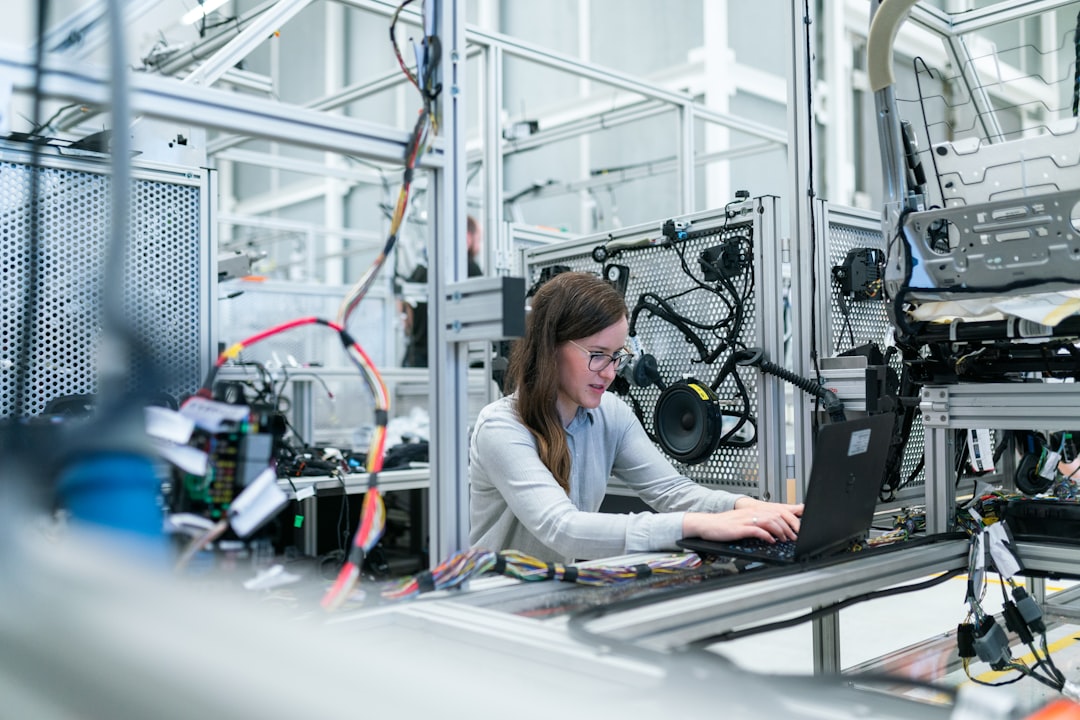Diversity and inclusion have become hot topics in the workplace in recent years, and for good reason. Embracing these principles not only creates a more welcoming and inclusive environment, but also leads to increased creativity, innovation, and productivity. In the manufacturing industry, where teams work closely together to produce high-quality products, fostering diversity and inclusion is essential for success.
Manufacturing has historically been a male-dominated industry, with a lack of diversity among both employees and leadership positions. However, times are changing, and more and more companies are realizing the benefits of embracing diversity and inclusion in their workforce. By hiring employees from a variety of backgrounds and perspectives, companies can tap into a wider range of ideas and experiences, leading to more innovative solutions and products.
Embracing diversity and inclusion in the manufacturing workplace also helps to create a more welcoming and supportive environment for all employees. When employees feel valued and respected for who they are, they are more likely to be engaged and motivated to do their best work. This ultimately leads to higher levels of productivity and job satisfaction.
One of the key benefits of diversity and inclusion in the manufacturing workplace is the ability to attract and retain top talent. In today’s competitive job market, employees are looking for companies that prioritize diversity and inclusion. By creating a diverse and inclusive workplace, companies can attract a wider pool of candidates and retain employees for the long term.
In addition, diverse teams are proven to be more creative and innovative. When people from different backgrounds and perspectives come together to solve problems, they are more likely to come up with out-of-the-box solutions. This can lead to new products and processes that give companies a competitive edge in the market.
However, embracing diversity and inclusion in the manufacturing workplace is not without its challenges. Many companies struggle with unconscious bias, which can lead to discrimination and exclusion of certain groups of people. It is important for leaders to address these biases head-on and create a culture of inclusivity where all employees feel valued and respected.
Another challenge is ensuring that all employees have equal opportunities for advancement and growth. In male-dominated industries like manufacturing, women and minorities may face barriers to career advancement. Companies must work to create a level playing field where all employees have the opportunity to excel and advance in their careers.
There are several ways that companies can promote diversity and inclusion in the manufacturing workplace. One key strategy is to create diversity and inclusion training programs for employees at all levels of the organization. These programs can help employees recognize their own biases and develop strategies for fostering a more inclusive workplace.
Companies can also implement diversity and inclusion initiatives, such as affinity groups for employees from underrepresented backgrounds. These groups can provide support and networking opportunities for employees who may feel marginalized in the workplace.
In addition, companies can take steps to ensure that their recruitment and hiring processes are inclusive and bias-free. This may include using blind resume reviews, conducting diverse candidate slates, and providing unconscious bias training for hiring managers.
Ultimately, embracing diversity and inclusion in the manufacturing workplace is not just the right thing to do – it is also good for business. Companies that prioritize diversity and inclusion are more innovative, productive, and successful in the long run. By creating a culture of inclusivity where all employees feel valued and respected, companies can attract and retain top talent, drive creativity and innovation, and ultimately achieve greater success in the marketplace.

